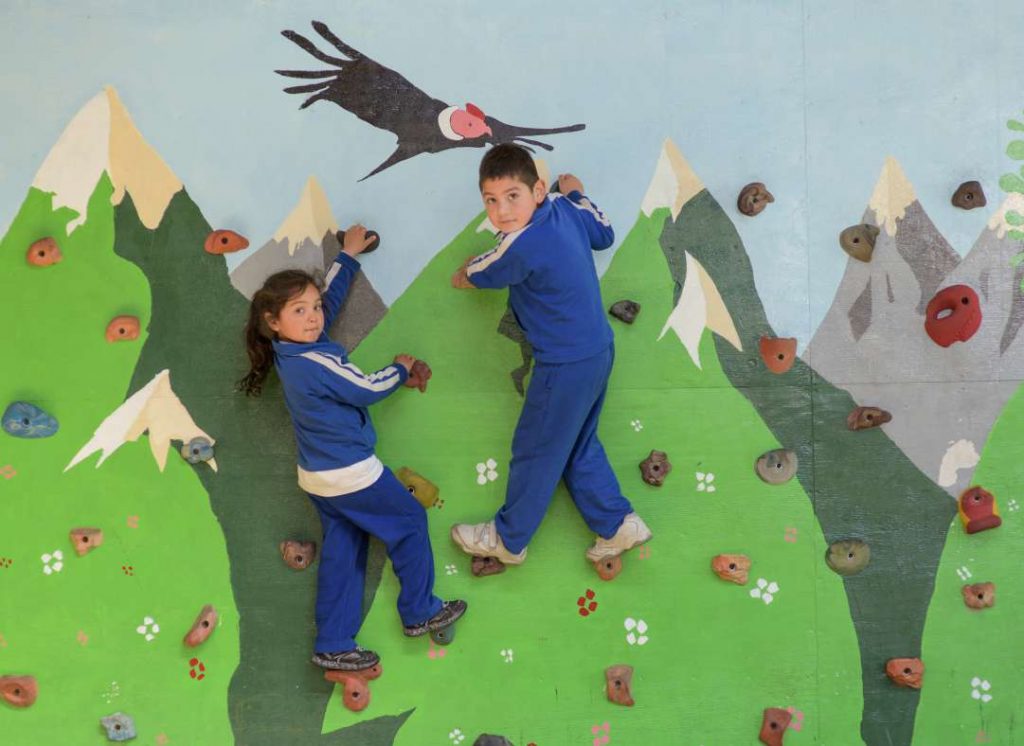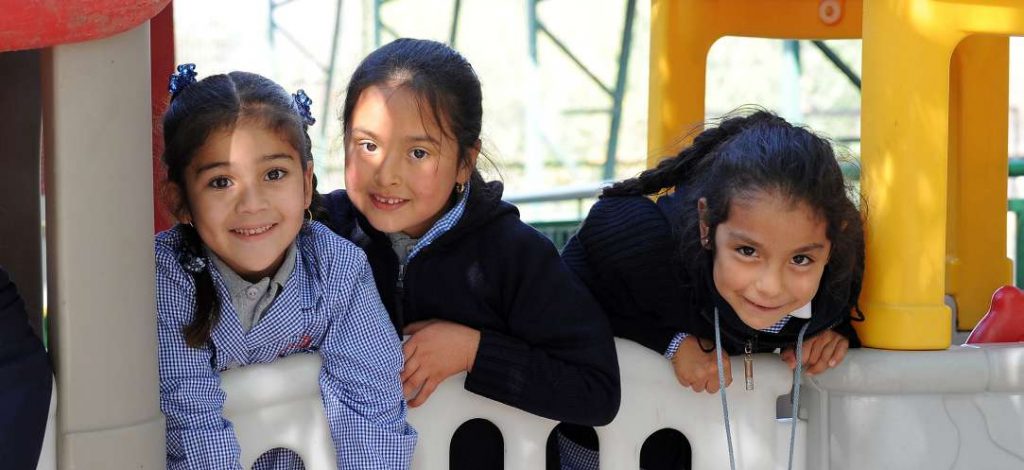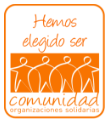In order to address the effects of the pandemic on the educational process of its 318 students, the Gustavo Le Paige School in Renca (RM) implemented the Psychology of Change within its teams. The strategy has developed containment and training tools for the school's professionals, which in times of crisis have guided their pedagogical and support work. Through collaborative work and the methodology of continuous improvement, the initiative has created spaces for dialogue, systematised data and identified needs and opportunities to successfully support the community.

Principal Ramón Guerra points out that the pandemic, in addition to the complications it quickly caused in the teaching-learning process, hit the school very hard: "In addition to the anguish caused by everything that was happening, in our school we had a significant number of families and staff infected, from teachers to parents".
The Gustavo Le Paige School is recognised for its inclusive approach and, based on this premise, the management team focused on designing strategies that, through the teachers, would facilitate the accompaniment of families in the educational and support process of the children.
With this objective in mind, a first approach to the Classroom platform was developed, which sought to make online classes compatible with concrete material, such as work guides and school supplies for families. However, according to the school's director, problems immediately arose that made it impossible to implement such a modality:
"As the days wentby, we listened to the teachers' concerns," says Ramón Guerra. "And then we realised that many of the families didn't have the possibility to use the platform.
Faced with this situation, from July onwards, the school promoted spaces for dialogue within its teams, with the aim of developing a project that would go hand in hand with the school's hallmark, both academically and affectively.

"We are the Le Paige family and this responsibility obliged us to focus on emotional support," says the principal. " In the meetings with the teams, we mainly reinforced the relevance of the link between teachers, parents and students, but the other main objective was to create, from the conditions presented by our school, the development of basic skills on the part of the students.
To face this adaptive challenge, the Psychology of Change, a tool that they learned about and implemented with the support of the Foundation's continuous improvement area, was crucial to generate the conditions that would allow the school's collaborators to organise their pedagogical processes.
"Developing the Psychology of Change allowed us to realise the importance of identifying the voices of our team, so that everyone involved in the improvement could contribute in a meaningful way," says the director. "It also allowed us to prioritise and deepen the aspects we had to work on with the early education levels, so we decided to start the process with the motivation of kindergarten teachers, assistants and support staff.
In this way, says Ramón Guerra, the management team carried out a survey and drew up an interview guideline that covered the following aspects: "First there was the context, that is, how the level team was emotionally; then motivation, the evaluation of collaborative work, the needs and support that the teachers required from the management team; another area was linked to sports, strategies, talents and skills for the second semester; and finally, the commitment of the cycle team from their role".

The information obtained from the interviews was systematised and the analysis of the data was organised by the management team. Subsequently, in collaboration with the Foundation's professionals, the results were linked to the context of the school and they began to implement appropriate actions to respond to the demands of the educational community.
"The interview process led to the implementation of a series of meetings between the initial cycle and the management team," says Ramón Guerra, "and there we identified the co-production in the authentic relationships of the professionals at this level, i.e. their experiences, desires, emotions, needs and challenges.
"Through these meetings," adds the professional, "they were able to give an account of their strengths during this period, which were related to the quality of the support spaces, the appreciation of everyone's contributions, the articulated work and the degree of commitment, but also their main opportunities and challenges, regarding their updating in digital skills and how to stimulate families to achieve a greater role in the children's teaching-learning process.
"Without a doubt," says Ramón Guerra, "this allowed us to design better processes and be successful, despite the context of our school and the pandemic.
This initiative is part of the document "Early Education: 6 Innovations in times of Covid-19" that you can download in full at the following link https://bit.ly/3eokQoC





